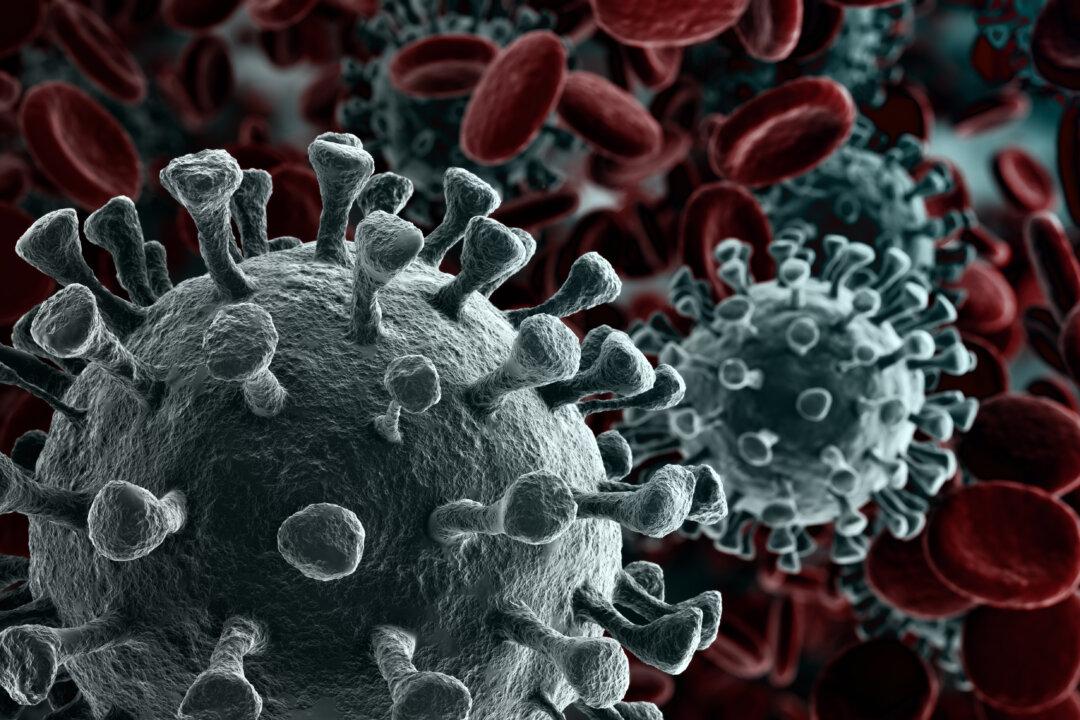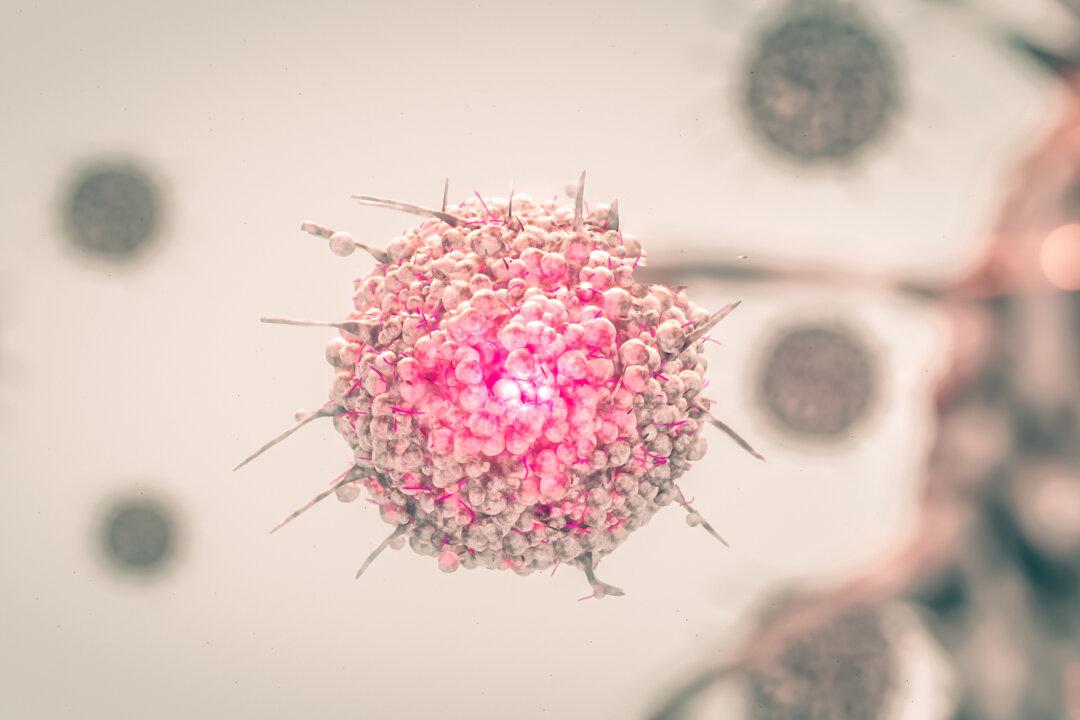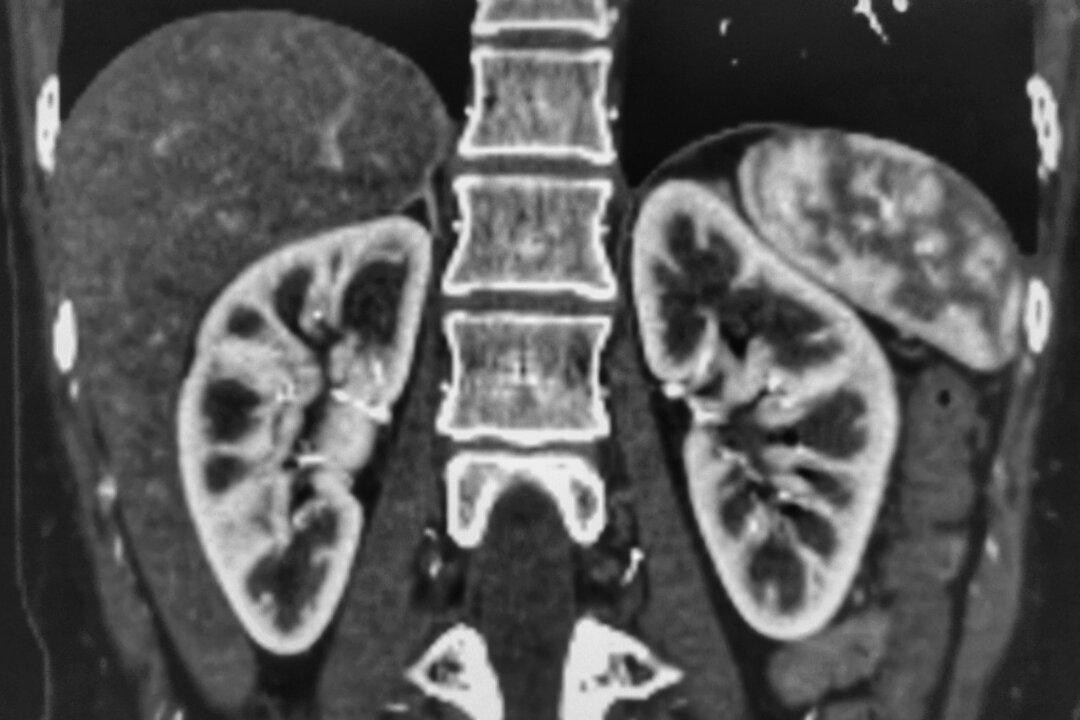When you look at the effects of the herb Leonurus, and at the vulnerabilities of the COVID-vaccinated heart, you might say, “Wow,” as I did.
None of the following should be taken as medical advice. Rather, let it be a starting point for inquiry and discussion of enlisting plant medicines for the cardiovascular challenges and vulnerabilities that COVID-19-vaccinated people are living with now.
Hawthorn is an herb that most herbalists think of first for general support for heart health. But in this case of myocarditis risk from spike protein injury, that is not my favorite. The reason is that it contains cardiac glycosides, and has a little bit of an inotropic effect. This means it slightly increases the force of each ventricular contraction, indirectly measurable by ejection fraction. Now this is a gentle effect from hawthorn, far gentler than from digitaloids such as digitalis or oleander, for example, neither of which I have ever used with a patient.
Sixteenth-century Swiss physician Paracelsus taught us that “the dose makes the poison,” and “the right dose differentiates a poison from a remedy,” which is one of the most important principles in pharmacology. In practical application, it cautions us against drinking gallons of water at a time, because even a benign substance can be misused, but also that in small doses, even potent herbs have provided benefit.
For 16 years of practicing medicine, hawthorn had been my favorite all-around heart-strengthening herb, and for most unvaccinated people and their doctors, many likely consider it that way. But there is a vulnerability in the COVID-vaccinated that makes me fear even this gentle herb in their situation.
Consider Leonurus
For a jeopardized heart, let’s look at what the herb motherwort (Leonurus cardiaca) may have to offer. It has been used to strengthen the heart but is also a nervine, so it is not considered to be stimulating; in fact, it has been used throughout history for its calming and anti-spasmodic effects. This seems to be a possibly useful feature with regard to a heart that may enter crisis from a stimulating event. Many of the sudden heart crises, such as myocardial infarction (heart attack) and cardiac arrest, since the rollout of the COVID vaccines have been during stressful situations or in the very early morning hours in working-age adults. Our best understanding of this phenomenon to date is that large crescendo swings in cortisol and the catecholamines have over-stimulated a heart that was already compromised by latent myocarditis, creating a dangerous synergy.Researchers have found that a compound derived from Leonurus reduced angiotensin II-mediated damage to the heart. [1] [2] I find that interesting because spike proteins dock onto the ACE2 receptor in human cells, and bind tightly. [3] This reduces available ACE2, which has the effect of increasing angiotensin II. [4] We see in the diagram below some undesirable downstream effects of angiotensin II, namely inflammation and fibrosis, two curses that the vaccine-damaged heart is already confronting. Well, if Leonurus reduces angiotensin II-mediated injury to the heart, that effect may be specific to the needs of a COVID-vaccine-injured heart.
These are the major interactions among ACE2 and angiotensin II. Notice angiotensin II leads to inflammation.

The Effects of Leonurus on Cardiomyocytes
Perhaps most importantly, and pertinently for the COVID-vaccinated, studies show that Leonurus helps preserve the viability of cardiomyocytes, [6] especially these encouraging studies in which the viability of damaged cardiomyocytes was improved with Leonurine treatment, whether the damage was from oxygen deprivation [7] or from chemotherapy. [8]So I think Leonurus should be discussed more in the clinical setting, certainly deferring to individual determinations as made between patient and provider.

Other Herbs of Interest
Ashwagandha (Withania somnifera) is known for at least four possibly helpful effects on the COVID-vaccinated person’s heart and is correlated with endurance. [9] It is known to lower cortisol, [10] which could be helpful during that circadian surge in the predawn hours. Its GABA-mimetic effect has made it a long-favored anxiolytic in Ayurvedic medicine. [11] And it has anti-inflammatory properties. [12]Each of the above substances should be discussed with your local health care provider regarding safety considerations, appropriateness for your health goals, and dosing.




